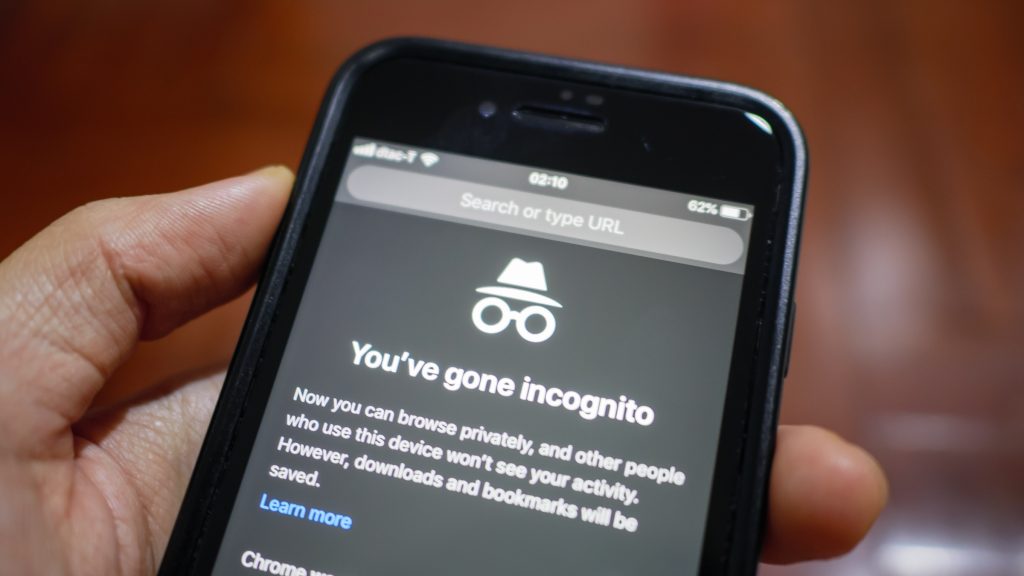
Google has settled its Incognito mode lawsuit by agreeing to delete a significant amount of user data collected during private browsing sessions.
This decision was part of a settlement in a legal case that was initiated back in 2020. It highlights Google’s extensive data harvesting practices, even during supposed private browsing sessions.
To address these concerns, the tech giant will alter the notification users see when they start the incognito mode in Chrome. It makes clear that data collection occurs across all browsing modes due to third-party websites and app integrations with Google services. The goal behind this adjustment is to offer transparency regarding data collection in Incognito mode.
According to the lawsuit settlement, Google will eliminate specific data gathered while users were in Incognito mode before a certain time frame, as well as data that goes back to December 2023.
However, details related to what kind of data was gathered will be deleted, and the criteria for its removal will not be disclosed due to confidential documents. This method raises uncertainties regarding the extent and depth of the data gathered, as well as the thoroughness of the deletion process.
According to the company’s spokesperson Jose Castaneda, the technical data erased was never linked to individuals or even used for personalization.
The agreement also requires Google to continue blocking third-party cookies within Incognito mode for five years, partially redact IP addresses, and remove certain header information that can identify users when using Incognito mode. Thus, it has been phasing out third-party cookies and plans to block them by the end of 2024.
Meanwhile, critics argue that Google’s Incognito mode provides limited privacy protections and may give users a false sense of security. They believe that companies like Google can passively monitor users who mistakenly believe they are browsing anonymously.
Inside Telecom provides you with an extensive list of content covering all aspects of the tech industry. Keep an eye on our Tech sections to stay informed and up-to-date with our daily articles.